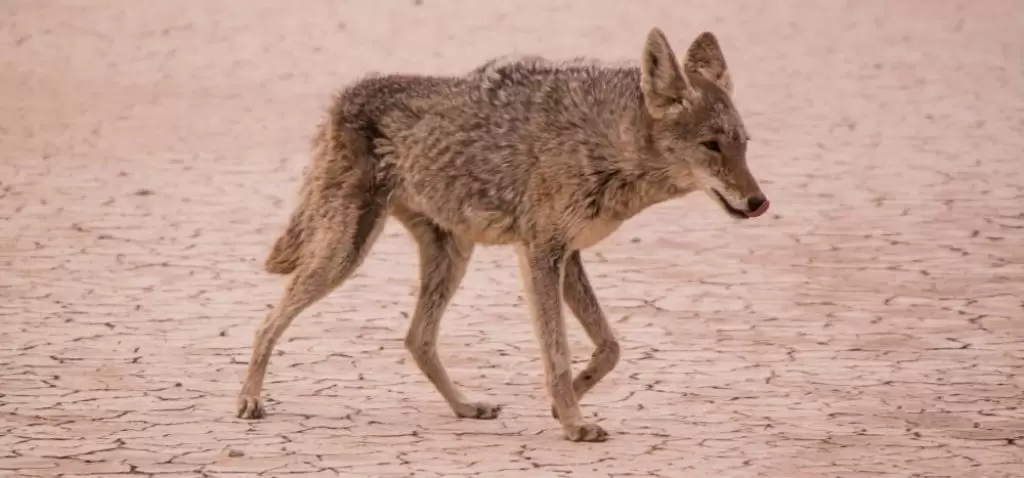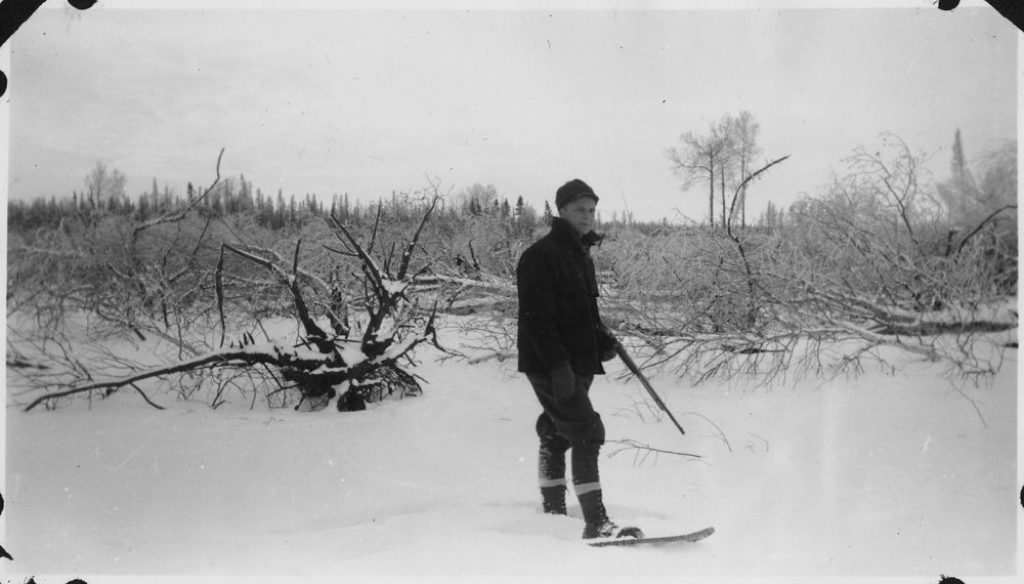We hope you love the products we recommend and just so you know that as an Amazon Associate CoyoteHunting.org may earn from qualifying purchases.
Is coyote hunting at night legal in Tennessee?
The short answer is no – Currently Coyote Hunting at Night is not Legal in Tennessee.
Now for the long answer…
Coyote hunting is a popular activity in many parts of the United States, but the laws and regulations surrounding it can vary significantly from state to state. In Tennessee, the topic of night hunting for coyotes has been a subject of debate among hunters, wildlife officials, and the public.
This article aims to provide a comprehensive guide on the legality of coyote hunting at night in Tennessee, based on expert advice, public comments, and the latest updates from the Tennessee Fish and Wildlife Commission (TFWC).
At the time of writing this, the article is correct, but It is highly recommended that you confirm with the Tennesse Fish and Wildlife Commission to see if there have been any updates to the regulations.
Understanding Coyote Hunting Regulations in Tennessee
Coyote hunting regulations differ across the United States, with more than 30 states allowing some form of coyote hunting at night, albeit with a variety of restrictions. Many states do not allow hunters to use artificial lights, requiring them to be equipped with high-tech thermal optics or night vision scopes. However, Tennessee has traditionally forbidden any form of night hunting for coyotes, except in situations where coyotes present depredation issues, such as preying on livestock.

General Coyote Hunting Laws in Tennessee
In recent years, as the coyote population has increased, more Tennessee hunters have been pushing for night time hunting for sport. During a recent official comment period on hunting regulations, TWRA officials reported that 53 hunters asked for night time hunting for coyotes to be allowed. Despite this, the Tennessee Wildlife Resources Agency’s (TWRA) law enforcement division has consistently opposed night hunting for coyotes, citing safety factors.
The Legality of Night Hunting for Coyotes in Tennessee
Currently, night hunting for coyotes in Tennessee is not generally allowed, except when coyotes are causing damage to property or livestock. This provision has been in place for quite some time and is widely known among the hunting community. However, the TFWC is considering relaxing these regulations, with Chattanooga-area wildlife commissioner Tony Sanders stating that he expects a proposal for some manner of coyote hunting to be brought to the Commission for consideration.
Necessary Permits and Licenses for Coyote Hunting in Tennessee
To hunt coyotes in Tennessee, hunters must possess the appropriate hunting licenses and permits. These can be obtained through the TWRA. However, it’s important to note that these licenses and permits do not currently allow for general night hunting of coyotes, unless the coyotes are causing depredation issues.
Penalties for Illegal Coyote Hunting in Tennessee
Hunting coyotes at night without the necessary permissions can result in penalties, including fines and potential loss of hunting privileges. It’s crucial for hunters to understand and follow all hunting laws and regulations to avoid these penalties.
Ethical Considerations for Coyote Hunting
Aside from the legal aspects, there are also ethical considerations to take into account when hunting coyotes. Hunters should always strive to hunt responsibly and respectfully, ensuring they do not cause unnecessary harm to the coyotes or other wildlife and that they do not disrupt the local ecosystem.
Conclusion
In conclusion, while the legality of night hunting for coyotes in Tennessee is currently limited to situations of depredation, there is ongoing discussion about potentially relaxing these regulations. However, safety concerns remain a significant factor in these discussions. As such, it’s crucial for hunters to stay informed about local hunting laws and regulations, and to always hunt in a responsible and ethical manner.



